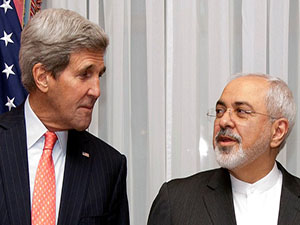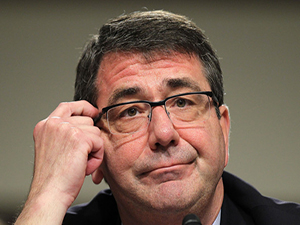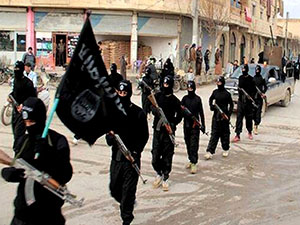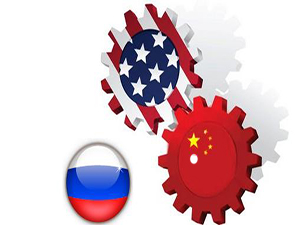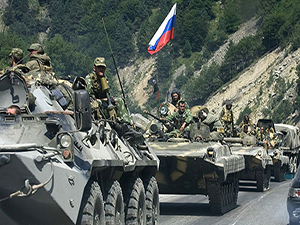IRAN 2015 – are 1914 and 1964 calling?
The March 31st negotiating deadline with Iran over limiting its nuclear programs is upon us. Even if a further extension follows which is likely, suppose at some future point, these negotiations ultimately fail. What options are left? Eerily, chilling parallels with 1914 and 1964 arise. A century ago, the world “sleep walked to war.” The assassinations of Archduke Franz Ferdinand and his pregnant wife Sophie lit the fuse for World War I and sowed the seeds for future conflicts. In August 1964, President Lyndon Johnson used the pretext of a non-existent second set of attacks by North Vietnamese PT boats against two U.S. Navy destroyers to rally a nearly unanimous [...]

